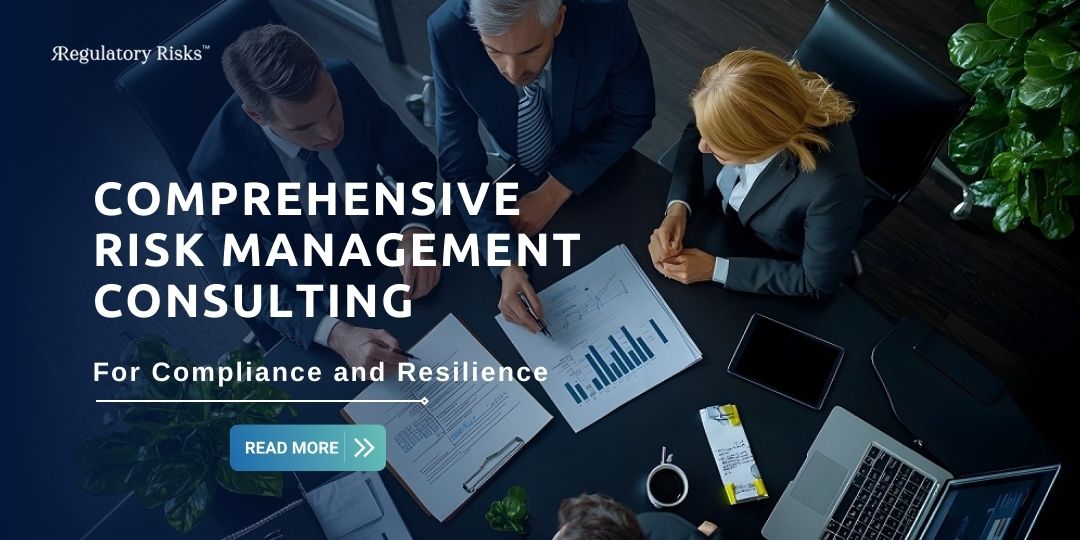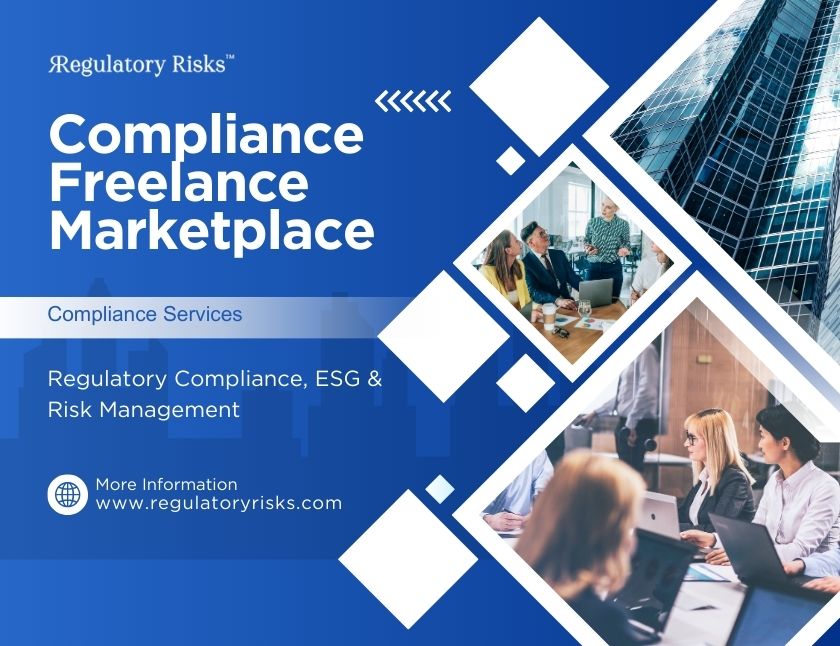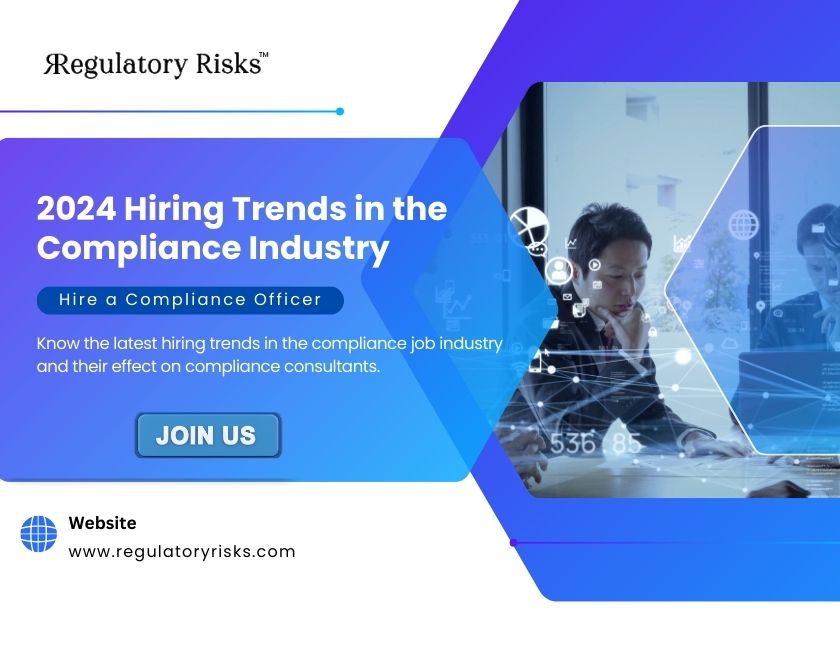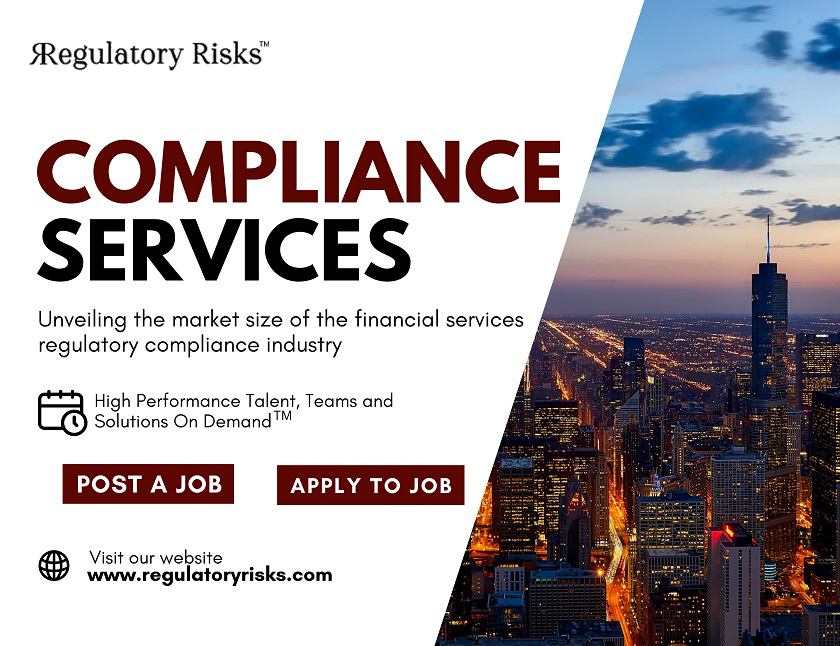In today's rapidly evolving business environment, organizations face numerous risks that can affect their operations, financial stability, and reputation. Expert risk management consulting services offer invaluable assistance, helping businesses navigate this complex landscape while ensuring resilience and compliance. Risk management consultants bring specialized knowledge and technical expertise to identify, assess, and mitigate risks, ultimately safeguarding the organization's interests.
What is Risk Management Consulting?
Definition and Scope
Risk management consulting involves professional services provided by experts who specialize in identifying, assessing, and managing risks across various organizational domains. These consultants offer a comprehensive approach, addressing financial, operational, cybersecurity, and regulatory risks. Beyond simple risk assessment, risk management consulting focuses on developing and implementing strategies to mitigate risks and enhance organizational resilience.
Key Objectives of Risk Management Consulting
The primary goals of risk management consulting include identifying potential risks, developing strategies to mitigate them, and ensuring compliance with regulatory standards. Furthermore, these services aim to cultivate a culture of risk awareness and resilience within organizations. By proactively managing risks, companies can avoid costly disruptions, protect their reputation, and ensure operational continuity.
The Role of a Risk Management Consultant
A risk management consultant plays a crucial role in guiding organizations through the risk landscape. They conduct thorough risk assessments, develop customized risk management strategies, and provide ongoing support to ensure successful implementation. Additionally, they offer risk advisory services, collaborating with stakeholders like risk officers and compliance teams to align risk management practices with organizational goals.
How Can Risk Management Consulting Firms Help Clients?
Understanding Client Needs and Challenges
Risk management consulting firms start by gaining a deep understanding of their clients' unique needs and challenges. They conduct comprehensive risk assessments to pinpoint vulnerabilities and areas of concern. By thoroughly analyzing the client's operations, industry dynamics, and risk landscape, consultants craft more effective strategies. This client-centric approach ensures that solutions are tailored to address specific risks and improve resilience.
Developing Tailored Risk Management Strategies
Once the client's challenges are understood, consultants develop customized risk management strategies. These strategies may include implementing robust cybersecurity protocols, establishing compliance frameworks, or developing disaster recovery plans. By tailoring solutions to the client's specific context, consultants equip organizations to better handle potential threats.
Implementing Effective Risk Management Solutions
Implementing risk management solutions is a vital step. Consultants collaborate with internal teams to ensure effective execution of the strategies. This may involve training employees, conducting audits, and continuously monitoring risks. By offering ongoing support, risk management consultants help organizations maintain a proactive approach to risk management and compliance.
Key Components of Enterprise Risk Management (ERM)
Operational Risk Management
Operational risk management focuses on identifying and addressing risks from day-to-day operations. This includes risks related to business processes, human resources, and supply chains. Effective operational risk management ensures organizations maintain continuity and efficiency, even during disruptions. Risk consultants play a pivotal role in crafting strategies to manage these risks.
Compliance and Regulatory Risk
Compliance and regulatory risk arise from failing to adhere to laws, regulations, or standards. Risk management consultants assist organizations by developing compliance frameworks and conducting regular audits. By staying compliant, companies avoid fines and safeguard their reputation. Compliance consulting is critical in industries with evolving regulations.
Cybersecurity and Vulnerability Management
In the digital age, cybersecurity is a fundamental part of risk management. Cyber threats can lead to data breaches, financial losses, and reputational harm. Risk management consultants help implement cybersecurity measures, conduct vulnerability assessments, and design incident response plans. Proactive cybersecurity efforts protect organizations' digital assets and stakeholder trust.
How Consulting Firms Ensure Compliance and Resilience
Compliance Consulting Services
Compliance consulting services help organizations meet regulatory requirements and industry standards. Consultants provide expert guidance on developing compliance programs, conducting audits, and addressing regulatory gaps. These services are essential for organizations in highly regulated industries, ensuring compliance and avoiding legal repercussions.
Building a Resilience Practice
A resilience practice involves creating frameworks that enable organizations to withstand and recover from disruptions. This includes developing business continuity plans and conducting resilience assessments. Risk consultants help build resilience by providing the necessary expertise and support to prepare for potential threats. A strong resilience practice ensures operational effectiveness, even in adverse conditions.
Disaster Planning and Recovery
Disaster planning and recovery are integral to risk management. Consultants work with organizations to develop comprehensive disaster recovery plans that outline recovery priorities and identify critical functions. With a well-defined plan in place, companies can minimize disruption impacts and swiftly return to normal operations.
Approach to Risk Management and Compliance
Holistic Approach to Risk
A holistic approach to risk management considers all potential risks and their interdependencies. This ensures comprehensive risk management strategies that address financial, operational, cybersecurity, and regulatory risks. Risk consultants advocate for this approach, emphasizing the importance of integrating risk considerations across the organization.
Stakeholder Engagement and Communication
Engaging stakeholders and maintaining open communication is crucial for successful risk management. Consultants collaborate with risk officers, compliance teams, and senior management to ensure that practices align with the company's goals. Transparent communication fosters a culture of risk awareness and ensures everyone is involved in the risk management process.
Continuous Monitoring and Analytics
Continuous monitoring and analytics help organizations maintain an effective risk management program. Using advanced tools, risk consultants monitor the risk landscape, identify emerging threats, and assess strategy effectiveness. Continuous analytics enable organizations to adapt their risk management practices and maintain compliance proactively. In addition, organizations might hire a compliance officer to manage these processes and ensure consistent adherence to evolving standards.




